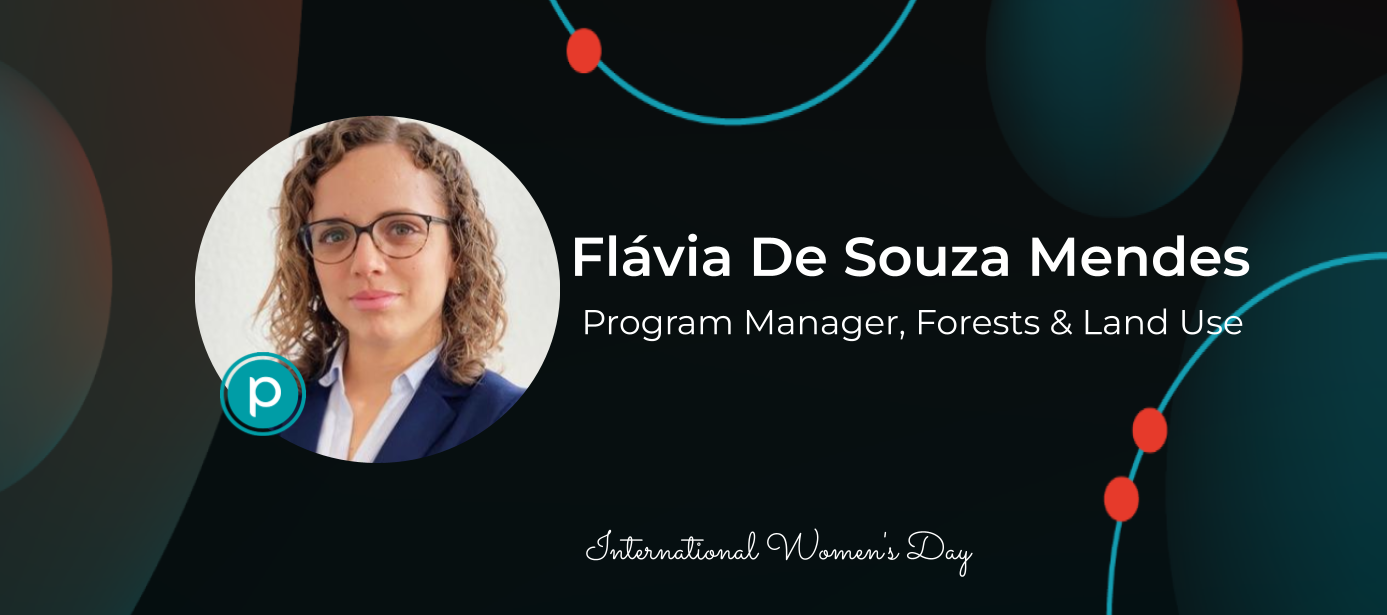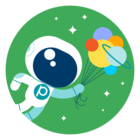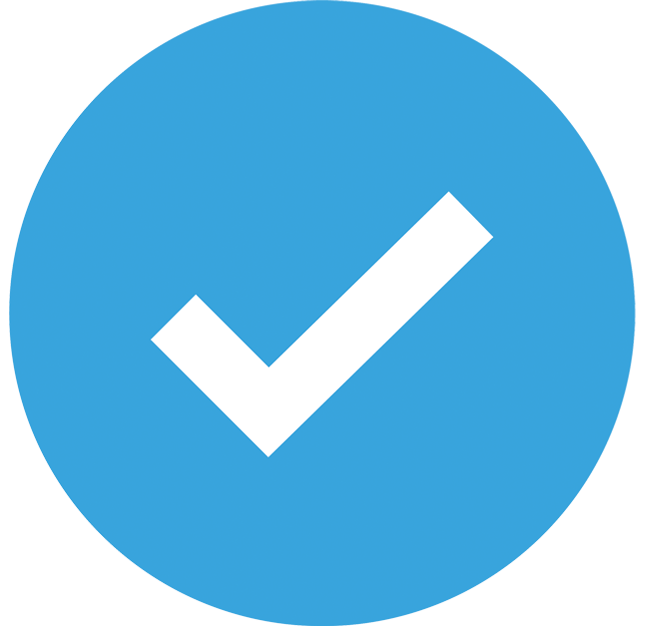1.Could you please briefly introduce yourself?
I am Dr. Flávia and started my career in 2007 at the National Institute for Space Research in Brazil. From this moment on, I am giving my best to accomplish and impact the geospatial sector in many ways. I learned and added value in important projects and initiatives in the field of environmental protection and climate change in tropical biomes, mainly in the Amazon and Savanna, such as the Soy Moratorium. Nowadays, I am a Program Manager of Forest and Land Use at Planet. My main experience lies in managing projects, products and programs in forestry (carbon/REDD+) and land use change using optical and SAR data.
I am also an active member of initiatives such as Ladies of Landsat (Lead Organizer), Women in Copernicus, RSATE (Remote Sensing for Tropical Ecosystems) that work towards a more inclusive and diverse environment in the geospatial sector. Through my large network of contacts, I connect companies and institutions in Europe with local communities in Brazil for greater development, collaboration and inclusion in the geospatial sector.
2. When did you start to work at Planet and in which department are you working?
I started working at Planet in August last year in the IMPACT dream team as a Program Manager of Forest and Land Use. Planet has always been a company that I have greatly admired for its mission and values! A company that plays an important role in the fight against climate change, it is a company that also fights for more diversity and inclusion of underrepresented groups.Today I am very happy to work with a dream manager and team!
3. Can you explain to us what the Ladies of Landsat (LoL) is? What is the purpose of it? How can people sign up?
Ladies of Landsat works to increase inclusivity in the field of remote sensing and earth observation. Primarily Twitter-based, we have grown our following to over 15,000 members and active allies since we first began in 2018. Our efforts include a weekly Twitter series highlighting research led by women in remote sensing, in-person and virtual networking events, conference symposiums, member highlight videos with the USGS, and podcast Scene From Above together with Sisterhood of SAR and more. We pride ourselves on being each other’s virtual cheerleaders in a field that is primarily dominated by men. Spanning many domains, Ladies of Landsat members tend to be application-oriented scientists hoping to make a difference using earth observations as their primary tool. Today the group consists of Kate, Morgan, Meghan, Crista and myself. Recently 3 new members joined: Matilda, Sarah and Sheryl. Everyone is a Lady of Landsat and are very welcome to join the leadership team!
4. How did you become involved in LoL?
I first became aware of LoL in November 2020, when my manuscript was featured in the Monday Manuscript series.
When I heard about the existence of this group I was VERY excited to collaborate and bring the perspective of inclusion and diversity of local communities and scientists (Brazil, South America).
I talked to Morgan, Kate, Meghan and Crista and they were super kind and open to accept me as Lead Organizer of LoL.
5. What kind of activities have you participated in so far?
Together with the other members I have been supporting the Manuscript Monday initiative, Scene From Above podcast, organizing panel discussions and networking at events like LPS-ESA, AGU and SBSR and others. Personally I also help women from low-income countries like mine to develop their professional lives through mentoring for studies and the job market.
6. Who is a woman that has inspired you?
I have many in different contexts. I can start with my mother, who was a warrior in my upbringing. Even with a very humble financial life and living in a suburban and a violent neighborhood, she managed to give us support (through the help of some friends) to have a better future. Professionally, my first inspirations were. Dr. Yhasmin Mendes and Dr. Pollyanna Bispo, who also had a life story similar to mine and in whom I could see a role model when I was working at INPE.
7. Anything you want to say about Women’s History Month?
Yes! I would like to share the action points (outcomes) to cultivate an inclusive future in the earth observation sector from our LPS-ESA article written by Dr.Gopika, Dr. Morgan and myself:
“So, pass the mic to that quiet person on the table who may feel isolated because they are underrepresented (or find a different way they can participate that may feel safer to them – e.g. in the chat window if there is a language barrier or social anxiety). Show support to that mother on maternity leave and offer to help process and analyse her data or write a section of her manuscript. As a conference organiser, provide on-site child care facilities. Support those who may not feel confident speaking in a non-native language when speaking at meetings or conferences. In your research, cite papers from women or people with non-western sounding names to increase their chances of getting tenure or grants/awards. Give career talks to school students, so they are inspired by the extraordinary women in EO. Do not discriminate against people during hiring based solely on their names or gender. Offer support when you see someone on your team having a hard day as they may be pregnant, ill, navigating a disability, on their period or going through some personal challenge. Include local communities in your projects as equal and valued partners, especially those most affected by climate change. Do not practice modern scientific colonialism or helicopter science. Ask what local communities’ real needs are to develop products and projects that will be truly useful in their daily lives. Be kind and empathetic!”
.. to see more incredible women at Planet, make sure to follow our LinkedIn page as we are celebrating all week long!





